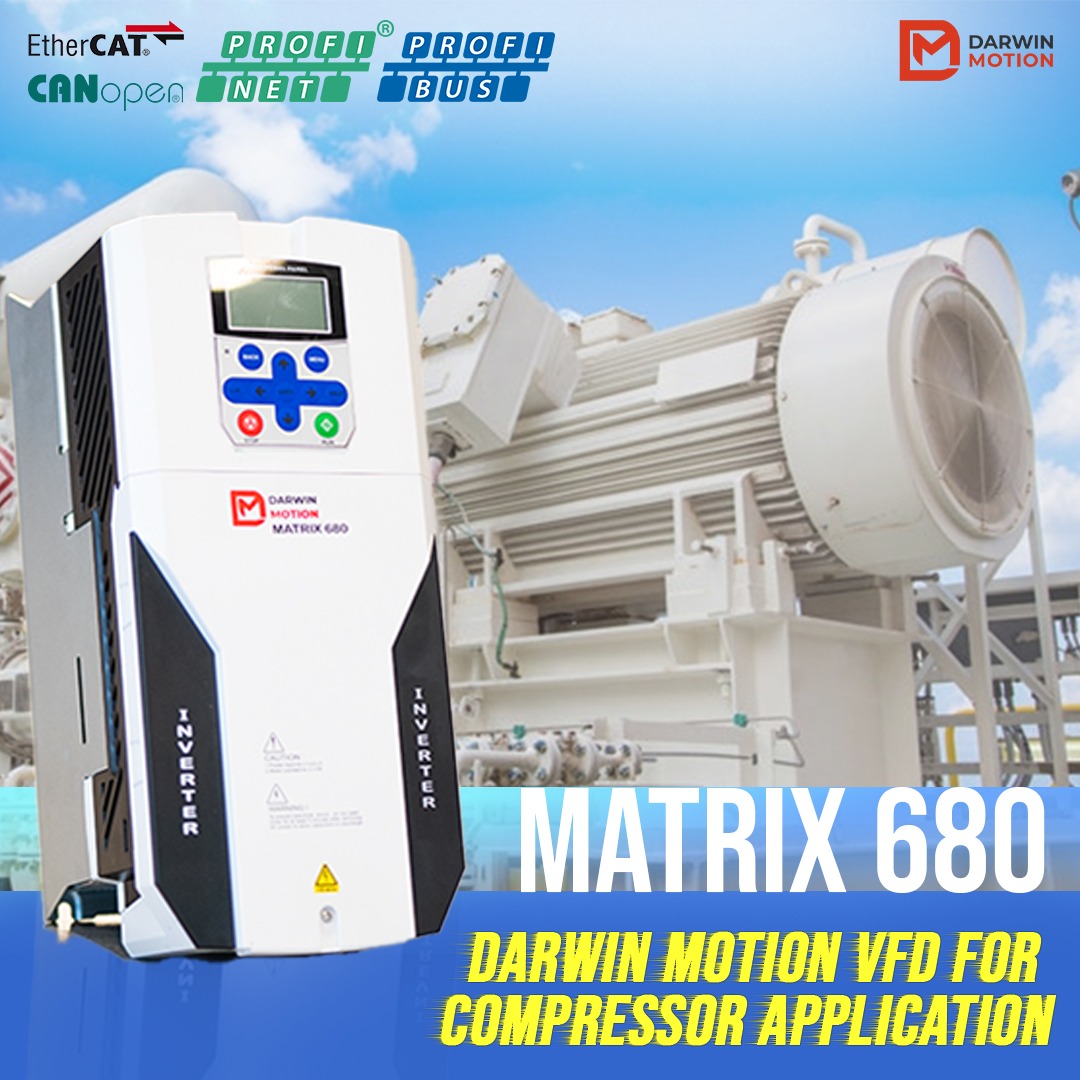Posted on 20th Jul 2024

In the ever-evolving landscape of industrial automation, Variable Frequency Drives (VFDs) have emerged as a pivotal technology driving efficiency, precision, and sustainability across various sectors. From manufacturing plants to energy management systems, the role of VFDs continues to expand, promising a future where industries can achieve greater productivity while reducing their environmental footprint.
At the heart of industrial automation, VFDs play a crucial role in controlling the speed and torque of electric motors. By varying the frequency and voltage supplied to the motor, VFDs enable precise control over the rotational speed, resulting in significant energy savings compared to traditional fixed-speed motors. This capability not only optimizes the performance of machinery but also enhances overall process efficiency.
In manufacturing environments, for instance, VFD are utilized to match motor speed with varying production demands, thereby minimizing energy wastage during periods of low activity. This adaptability not only reduces operational costs but also extends the lifespan of equipment by mitigating wear and tear associated with frequent starts and stops.
The increasing emphasis on sustainability has propelled VFDs into the spotlight as a key enabler of energy-efficient practices. Industries worldwide are under pressure to reduce their carbon footprint and comply with stringent environmental regulations. VFDs facilitate these efforts by offering precise control over energy consumption, thereby lowering greenhouse gas emissions and contributing to corporate sustainability goals.
Moreover, the integration of regenerative drive with renewable energy sources such as solar and wind power enhances their role in promoting clean energy initiatives. By adjusting motor speeds to match the variable output of renewable sources, VFDs help stabilize the electrical grid and maximize the utilization of renewable energy, further supporting the global shift towards a greener future.
Looking ahead, advancements in VFD technology are expected to drive further innovation in industrial automation. Enhanced connectivity through the Internet of Things (IoT) enables real-time monitoring and remote management of VFDs, optimizing maintenance schedules and minimizing downtime. Predictive analytics powered by artificial intelligence (AI) can leverage data from high performance drive to predict potential failures and optimize operational efficiency proactively.
Furthermore, the miniaturization of components and advancements in semiconductor technology are making VFDs more compact, efficient, and cost-effective. This trend not only broadens the applicability of VFDs across diverse industries but also makes them more accessible to small and medium-sized enterprises seeking to enhance their operational efficiency and competitiveness.
In conclusion, Variable Frequency Drives (VFDs) represent a cornerstone of industrial automation, driving efficiency, sustainability, and innovation across global industries. As technology continues to evolve, VFDs will play an increasingly vital role in shaping the future of manufacturing, energy management, and beyond. By enabling precise control over motor speed and energy consumption, VFDs empower industries to achieve higher productivity, reduce costs, and contribute to a sustainable future. Embracing the capabilities of VFDs today will undoubtedly pave the way for smarter, more efficient industrial processes tomorrow.